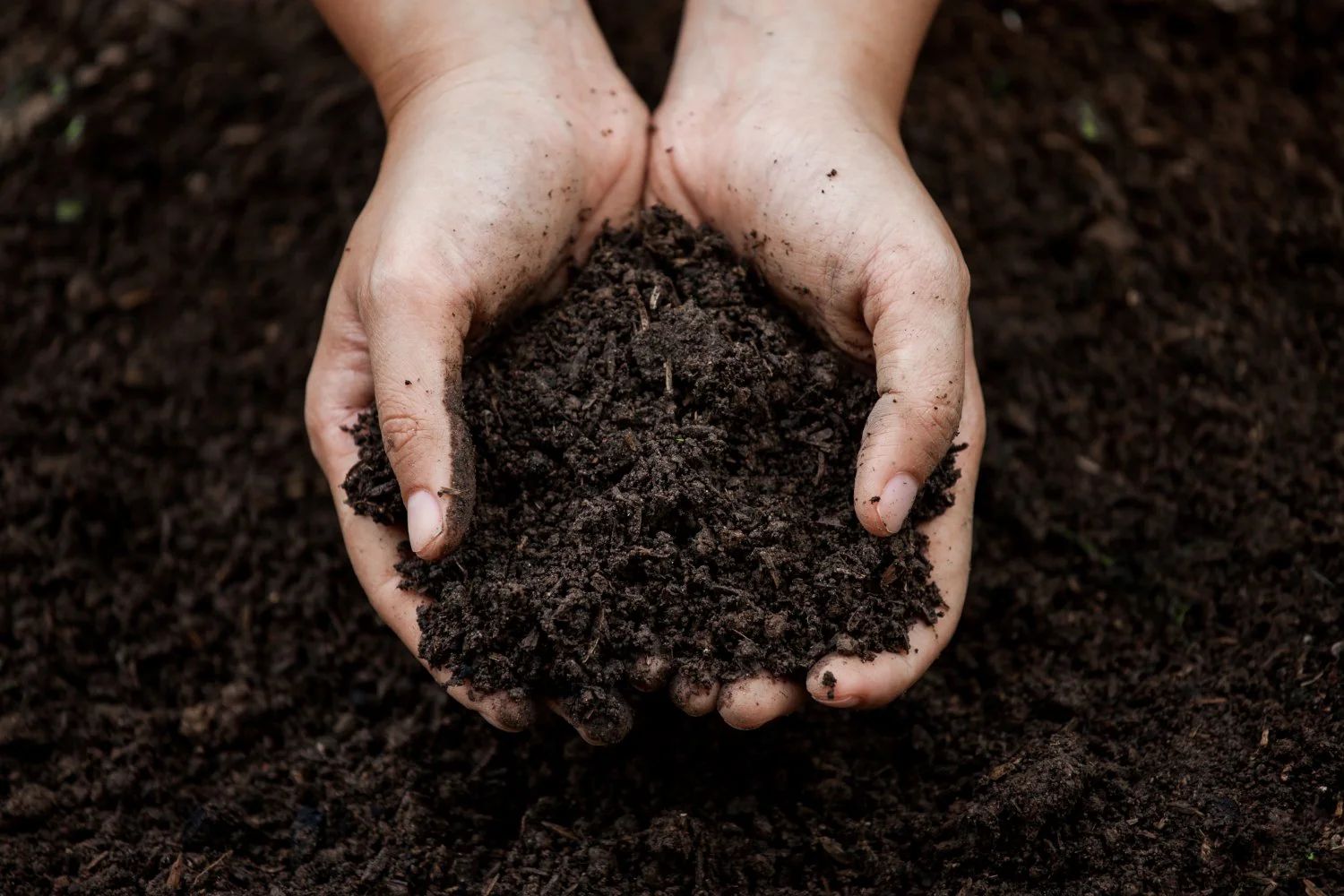Mai 2023
Biodiversity is crucial to a healthy ecosystem and human well-being. It is estimated that around 50,000 plant, animal, and insect species are lost annually due to deforestation. Over the last 50 years, Earth's Wildlife → populations have decreased by an average of 69%.
Tackling the biodiversity crisis requires cooperation at all levels of society, from intergovernmental agreements to local community and individual action.
The following manual entry introduces you to what you can do to conserve biodiversity.
We explain what biodiversity is and why it is crucial for our survival.
Let’s find out below.
WHAT IS BIODIVERSITY?
The Food and Agriculture Organization of the United Nations (FAO) defines biodiversity as "the variability among living organisms -both within and between species- and the ecosystems of which they are part".
Biodiversity is, in simple words, all different types of life on Earth and their interactions.
HOW YOU can protect biodiversity
A simple good deed can have a ripple effect throughout the world. The same individual action has a vital role to play in biodiversity protection. As individuals, some things we can do include:
ALTER MODERN CONSUMPTION PATTERNS
As consumers, you impact biodiversity through what you buy and use daily. The four Rs - Rethink, Reuse, Reduce, Recycle - are a sustainable lifestyle pattern for a sustainable future to tackle environmental challenges, such as biodiversity loss.
Rethink the consequences of modern consumption patterns on biodiversity. Before buying a product, consider its history. Think about the materials used, their longevity and where they will end up. Make conscious choices about the food you eat, the products you buy and the services you use in ways that promote rather than harm biodiversity.
Reuse items whenever possible. Avoid easily throwing away stuff we consider old or broken. And keep in mind that being conscious of the food you consume, getting more use out of the clothes you already own and repairing instead of replacing electronic devices has a positive effect on biodiversity and saves you money.
Reduce consumption. Overconsumption leads to the over-exploitation of natural resources and significant waste production. Especially overconsumption of high environmental footprint goods, such as beef, can cause severe environmental pollution. When on the verge of buying, ask yourself: “Will that make me happier?” “Do I need it?”. And choose to buy only what you truly love and need.
Recycle. Make recycling an everyday habit. Choose to purchase items that can be recycled, compost our biowaste, recycle our paper, plastic, glass, metal trash and non-repairable devices and give away your old clothes.
EDUCATE (YOUNGER GENERATIONS)
Do you have kids? Take environmental education seriously! Educating children from a young age about biodiversity, the threats local ecosystems face, and the ability to restore them can make the connection to the natural world clearer and attach greater value to the habitats around them. These realisations can induce long-term behavioural changes in future generations.
Check out our list of Children's Movies, Documentaries, & Books →. We ongoingly add new content and tips.
SPEND TIME IN NATURE
Reconnect with nature. It can help us learn more about our local ecosystems, realise the importance of biodiversity through experience and subsequently sensitise a more respectful behaviour towards our environment. Next time you have a free weekend, spend it outdoors in nature instead of indoors in front of a mobile or TV screen.
SUPPORT BIODIVERSITY-CONSERVATION ACTION
Support organisations such as WWF, IUCN, European Wildlife → etc., as well as local and regional projects and political actions that all promote the protection and restoration of biodiversity.
Participate in volunteer projects such as coastal/forest/city cleanups, wildlife shelters, reforestation projects and information campaigns to raise public awareness - ask your local nature conservation organisation for more details.
SUPPORT WILDLIFE
Support Wildlife → in your Garden → or on your balcony by planting native(!) wildlife-friendly plants (e.g. herbs such as lavender, oregano, sage, etc.), adding water and bird feeders and offering “artificial” bird nests.
Additionally, check the origin of your food - eat more products from organic and regenerative agriculture. These farming methods use fewer pesticides, fungicides and insecticides that harm animals, contaminate our groundwater and unbalance biodiversity.
What society CAN DO to protect biodiversity
Along with individual actions, large-scale changes in social mentality, behaviour and policies are vital for biodiversity restoration. A few of the most fundamental steps that all of us can take immediately are the following:
CONSERVE FORESTS
Some EU countries afforest land unsuitable for farming to increase forest coverage. We can either voluntarily participate or financially contribute to the support of reforestation actions.
Learn more about Greenhouse Gases →, carbon offsetting, and How to Reduce your Carbon Footprint → .
PROTECT WILDLIFE
Among the most critical measures to restore extinction danger are rebuilding overfished stocks, mitigating illegal (trophy) hunting and illegal logging and protecting endangered species. This creates a pressing need for establishing stricter respective regulations, which we should all obey, and for biodiversity-conservation actions (scroll up to see more) in which we can participate.
Get started to live an Insect-Friendly Life →.
CREATE SUSTAINABLE AGRIFOOD SYSTEMS
Natural and biological cultivation systems successfully support biodiversity conservation by protecting Pollinators → and beneficial soil fauna and improving soil quality. Each European country should introduce motives like financial support measures for adopting such eco-friendly farming practices. And we can support those cultivation systems by buying Organic →, Local →, and Seasonal Food →.
LEarn more
Check our sources: Bibliography →












